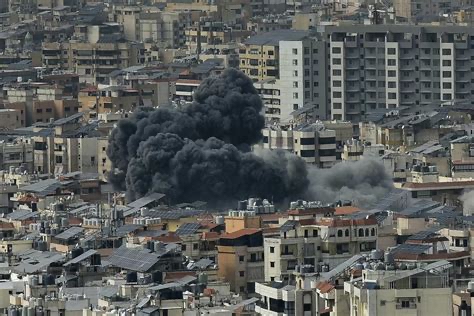Trump late Wednesday declared that Israel and Hamas have agreed to the “first phase” of a U.S.-brokered peace plan for Gaza, a breakthrough he called a crucial step toward a ceasefire and the release of hostages. He posted on Truth Social that both parties had signed off on the initial agreement, under which all living hostages would be freed soon and Israeli troops would begin withdrawing to a mutually agreed line.
The deal, reached during indirect negotiations in Egypt involving U.S., Qatari, Turkish, and Egyptian mediators, is framed as part of Trump’s 20-point proposal for Gaza. Under this first phase, Hamas is to release the hostages while Israel pulls back forces from much of the Gaza Strip, making way for humanitarian aid deliveries.
Israeli Prime Minister Benjamin Netanyahu welcomed the announcement as a diplomatic success and said he would convene his government to approve implementation. He urged patience and declared that Israel would bring the hostages home “with God’s help.”
Hamas issued a statement affirming that the agreement includes Israeli withdrawal, exchange of hostages and prisoners, and the entry of humanitarian aid. It called on all guarantors and mediators to ensure Israel implements all the provisions without alteration or delay.
On the ground, the announcement triggered scenes of cautious jubilation in Israel and Gaza. Families of hostages gathered in Tel Aviv’s “Hostages Square,” hopeful that their loved ones might soon return. In Gaza, relief organizations and civilians greeted the news with tentative optimism — many remain skeptical, weary of past ceasefires that collapsed.
Yet the accord remains short on critical details. The agreement does not yet specify how many prisoners will be released in exchange, precisely when and how the withdrawals will occur, or how verification and enforcement will be managed. It provides no final resolution on the future governance of Gaza, the disarmament of Hamas, or long-term security guarantees.
Analysts warn that the success of the first phase hinges on rapid, credible execution — lists of hostages, secure exchange processes, and independent oversight will be critical. They also note that the political fragility in Israel, domestic opposition to any deal with Hamas, and internal divisions within Hamas could all threaten the agreement.
Among global reactions, many governments and international bodies expressed cautious hope. Saudi Arabia called for urgent action to alleviate Gaza’s humanitarian crisis. China urged a “lasting and comprehensive” ceasefire. The U.N. Secretary-General welcomed the agreement but emphasized full adherence to its terms and protection of civilians.
As Israel’s government considers formal adoption and mediators prepare to oversee the initial steps, all sides face a critical test: whether this first phase will be a fragile opening or the foundation for a lasting ceasefire.



